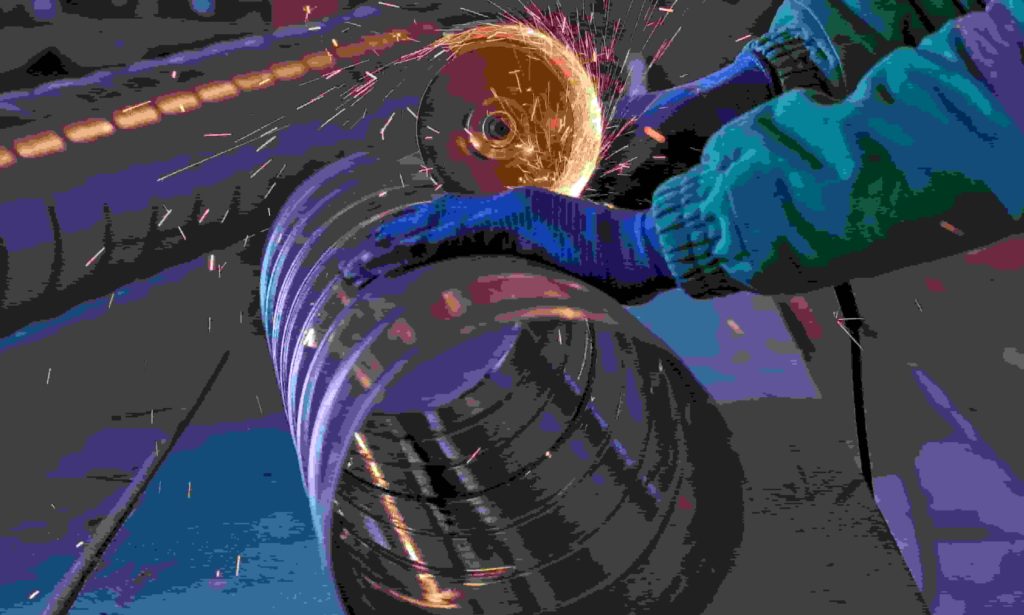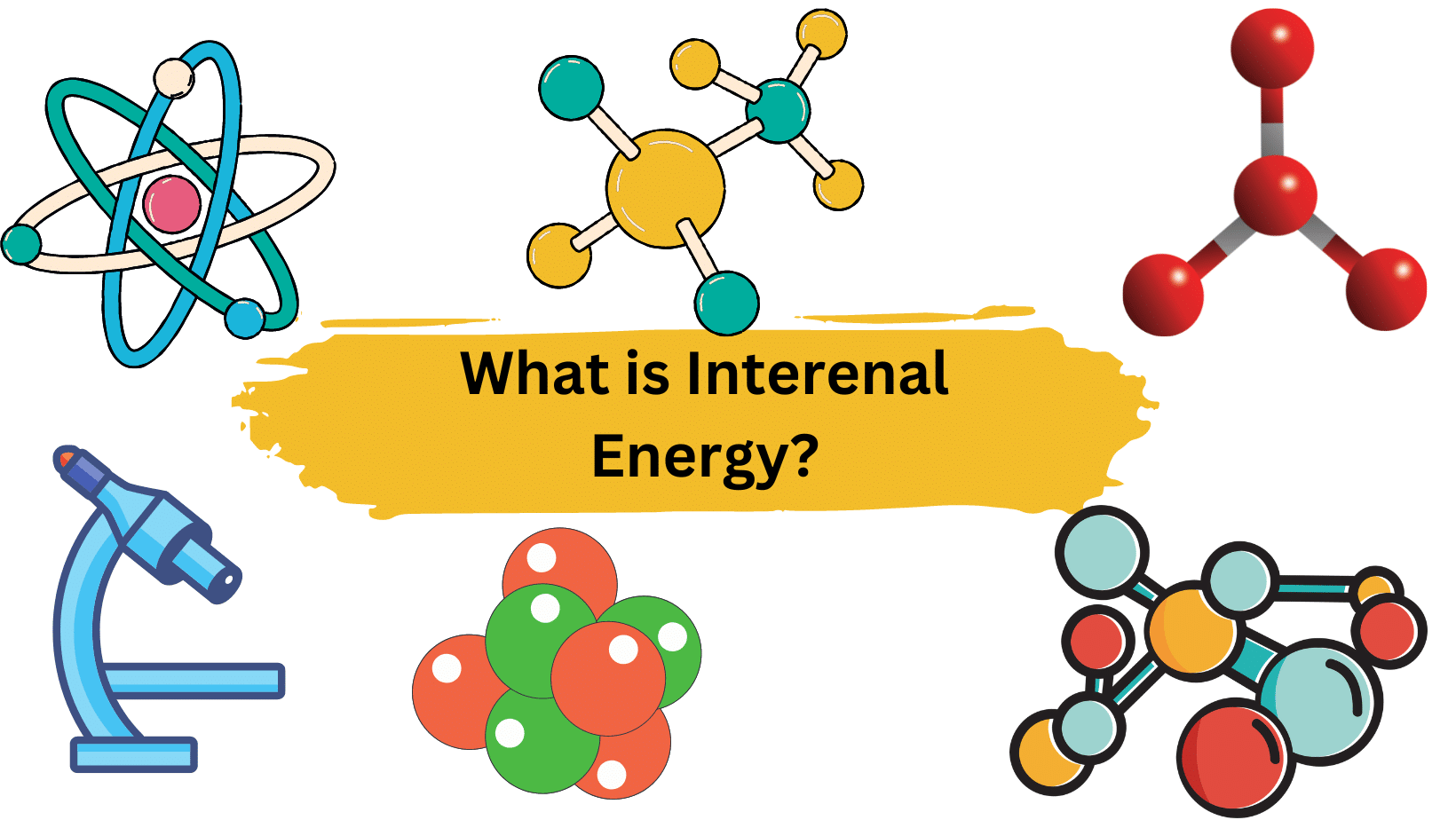Critical thinking definition: Critical thinking is defined as the process of actively and skillfully conceptualizing, applying, analyzing, synthesizing, and evaluating information gathered from or generated by observation, experience, reflection, reasoning, or communication.
Someone who can think critically and clearly about what they should or should not believe is capable of critical thinking. They are capable of thinking for themselves and reflecting in order to arrive at a well-informed conclusion.
According to indeed.com, the five most important critical thinking skills are listed below:
- Observation: The ability to recognize and anticipate opportunities, issues, and solutions.
- Analysis: Data and other information are gathered, understood and interpreted during analysis.
- The inference: The process of drawing conclusions from data, information, and personal knowledge and experience.
- Communication: Verbal, nonverbal, and written exchange of information with others.
- Problem-solving: Gathering, analyzing, and communicating information in order to identify and troubleshoot solutions.

Table of Contents
Examples of Critical Thinking
- Being willing to try something new. Assume that someone suggests a new way to generate leads for the sales team during a strategy brainstorming session.
- Choosing the best course of action….
- Controlling emotional responses.
- A plumber determines which materials are best suited to a given job.
- An attorney examines the evidence and develops a strategy for winning a case or deciding whether to settle out of court.
Why Critical Thinking?
Critical thinking will help you express your thoughts, ideas, and beliefs more effectively. Better communication allows others to better understand you, which reduces frustration for both of you. Critical thinking promotes creativity and unconventional thinking, which can be applied to any aspect of your life.
Critical thinking allows us to enter virtually any situation and figure out the logic of whatever is going on.
In addition, critical thinking is different from normal thinking as Critical thinking necessitates logic and accuracy, whereas thinking can also take the form of faith and personal opinion. The former requires evidence as well as further examination and analysis, whereas the latter does not.
What is the difference between brain stroming and crictical thinking?
Brainstorming is an important part of critical thinking and a tool that people use to come up with new ideas, solve problems and answer questions.
Brainstorming is a technique for generating ideas and sharing knowledge in order to solve a specific commercial or technical problem in which participants are encouraged to think freely. Brainstorming is a group activity in which each participant shares their ideas as they arise. Ideas are categorized and ranked at the end of the session for further action.
Is technical writing is also critical thinking?
Technical writing is not critical thinking.
The primary goal of technical writing is to convey complex information to readers in a way that they can understand and apply, even if they have no prior knowledge of the subject. Technical writing explains how to use a specific object or how to complete a task or project.
Summary
Critical thinking refers to the process of actively and skillfully conceptualizing, applying, analyzing, summarising, and evaluating information gathered from or generated by observation, experience, reflection, reasoning, or communication.
More Links
STEM Education| 5 Easy Key Points
Au Pair Meaning & Definition
What is Software Piracy?
What is a Compiler?
Circum of Circle-Definition, Formula, and Figure
What is a Jamboard| The Definitive Guide
- BCl3 Lewis Structure in four simple steps - November 1, 2023
- PH3 Lewis Structure in four simple steps - October 8, 2023
- PF3 Lewis structure in four simple steps - September 24, 2023



